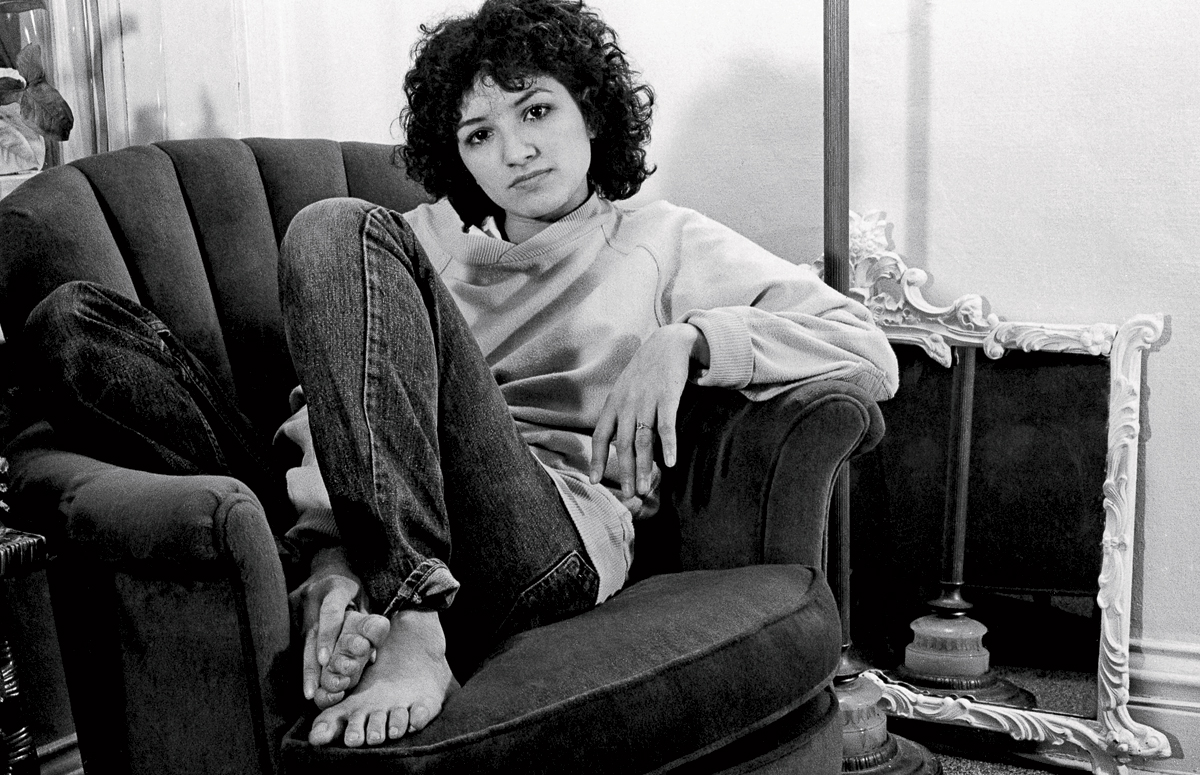By the time Sandra Cisneros published her best-selling novel The House on Mango Street in 1984, she'd already left her native Chicago. But for more than 30 years she's returned regularly to visit family, each time more dismayed by the city's growing disparity of resources. "I've been watching Chicago change for years," says the 61-year-old. "But Chicago's changes do not mean better for people like my family."
That disconnect is at the heart of a new prose poem by Cisneros, "Notes of a Native Daughter," published in the August issue of Chicago (on newsstands and tablet now). In it, she describes her own struggle to learn and grow in a neglected Humboldt Park of the '60s and '70s:
One long, hot summer, Mayor Jane Byrne sent Tito Puente to Humboldt Park to drum on his garbage cans for us instead of sending the Department of Sanitation to empty our cans, trash collection halved from twice a week to once, even though population and trash had doubled. And with that, doubling the population of urban creatures. Mother and I avoided our garden after sunset. Our curfew—fear.
[snip]
I was all of 22 when on a car trip through Carolina’s Blue Ridge, I saw a country house with a swing dangling from a thick branch and a careless bike abandoned on the fenceless lawn. And thought, Kids grow up like this? I never knew.
Cisneros's inspiration for the piece came after a run-in with Mayor Emanuel, who presented her with a Fifth Star award, which honors Chicago cultural forces, in 2015. "I thought, 'Oh my god, I'm going to have the ear of the mayor, I can tell him how I became who I am thanks to [Chicago's] museums—how they're the difference between me being a factory worker and writer.' And he didn't even listen to me. Just shut me down. I felt so bad that I walked out of the luncheon and sat down at Water Tower Place and wanted to cry."
She swore off returning to Chicago after that—"It was just too painful," she says—until friend and MacArthur grantee Hipolito "Paul" Roldán asked her to speak at a Hispanic Housing Development Corporation fundraiser this March. "There was a synchronicity there, and I couldn't say no," she says. "I was reading a lot of Baldwin and Algren, and wanted to write something [for the speech] that was my take, to make people understand: You think your trip to Chicago was beautiful? Try waiting for the bus."
Indeed, the CTA has its place in Cisneros's note:
What could a city girl like me do but major in human behavior? I knew since I was a teenager, a passenger grunting on the Armitage bus could take delight of himself in open day and force others to watch for added pleasure. For good measure, I sat thereafter next to the driver.
As does the Mag Mile:
Chicago’s Magnificent Mile made others feel magnificent but only made me ashamed of my shoes. To us, Michigan Avenue shops meant: Do not enter if you have to ask, “How much?”
And the city's infamous dearth of quality grocery stores:
To feed nine meant weekly visits to the local supermarket that stank of black fruit and sour beer. Nothing to transport the groceries home but me and Mother, a collapsible shopping cart and our collapsible bones. Sweets meant another trek beyond the park and the Kedzie armory, to day-old vending machine doughnuts sold at half price to sugar the deal.
If Cisneros's Chicago sounds familiar, that's no accident: More than a portrait of a damaged West Side, her piece is a warning that until Chicago cares for its poor, it will continue bleeding its best minds. "It's a message I want the people—and the politicians—of Chicago to hear."




